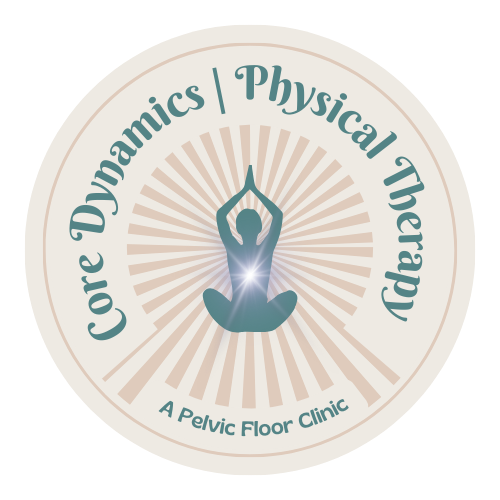Stress is something we all face at one time or another. Some of us, on daily basis and others on occasion. Stress can interfere in the life of an adult or child. Some signs and symptoms of stress include anxiety, irritability, depression, moodiness, or unhappiness, low energy, insomnia and even aches and pains in our muscles.
As children, we are taught skills like health-related ones: brushing our teeth, wiping ourselves correctly after the bathroom and washing in the shower. We are taught life skills such as making food or a meal, crossing the street and study skills. When does stress management get discussed? In fourth grade, the children are shown a film about puberty and the physical changes, so why not a chat about stress management? Who should teach a child how to deal with anxiety? Perhaps if we teach this skill from an early age and review it often, it will become automatic, like brushing our teeth and hair.
Recently, I watched a documentary, “Angst,” at my kids’ elementary school. The film shows interviews of students of various ages whom are dealing with anxiety. It made me realize, there are so many pressures on children from an early age. For a child who is already anxious by nature, how does the added social stress, the added school work stress, current fashion statements, parental relationships etc. affect them?
What if we practiced ways to relieve stress from an early age? Perhaps daily practice of slowing down. Children are jumping from one activity to the next these days, then one homework project to the next and even one party or performance to another. Having some down time can help them slow down. Perhaps give us a chance to talk. Maybe have an earlier bed time, which will also allow for an earlier bedtime for the parent. Be a role model; if a child will watch their parent(s) or loved ones manage their stress, they too will learn. I know this is an area of weakness for me. Now, I incorporate breathing exercises together with my daughter.
You are probably saying, why does teaching stress management have anything to do with me (the reader)? Over the years, I have listened to many stories from patients. All my patients have some sort of pelvic floor dysfunction. Often patients relate the increase of their symptoms to stress, or their symptoms increase stress. Many of them comment on stressful jobs or stress at home or “it’s been a stressful year.” Many patients speak of their anxiety since the onset of their symptoms. Others mention the signs and symptoms of stress as mentioned earlier. On occasion, I do hear them telling me they practice meditation or breathing exercises, but most either have no idea how to control the stress or they are medicated to reduce anxiety. I am not a physician and will not comment on medication to be taken. But I will make the comment, that although medication is needed at times and can obviously help relieve intense symptoms of depression and anxiety, it is not a skill. Medication doesn’t teach the management part.
I now wonder, what if most of my patients had learned skills to manage their stress, skills to maintain calm when chaos arises, skills to quiet their mind and body, would they have a better grasp on controlling their pelvic symptoms? Would the flares reduce faster? Would the flares be more manageable? Research says yes! Since research provides us evidence that mindfulness techniques and other techniques can help prevent or help deal with stressors that we face, then we should be teaching them no matter what age. We should help prevent the downfall before health is compromised by the effects of stress! Any of us can learn a new technique and the faster we start using the appropriate skill, the better!
How can we learn the skill of stress management like we learned to brush our hair or like we learned to make our food? Practice of course! We start by doing for young children and slowly allow them to do for themselves. We can guide them to slow down. We can guide them to take a step back and take few deep breaths. We can teach them exercise. After a while, they start doing the practices they like the most. Personally, I also like to educate about food. There are foods that provide us with energy, foods that can calm us, foods that lower our blood pressure, foods that make us happy, foods with nutrients that can help us cope with stress and so on.
I take a similar approach with my patients these days. I give them some guidance and allow them to choose the practice which works best for them. Just because one practice works for my stress, doesn’t mean the same one will be for them.
